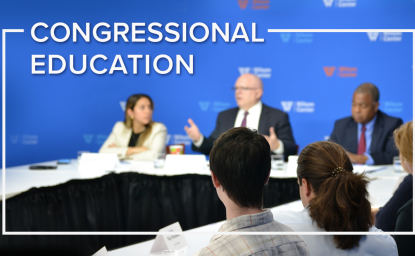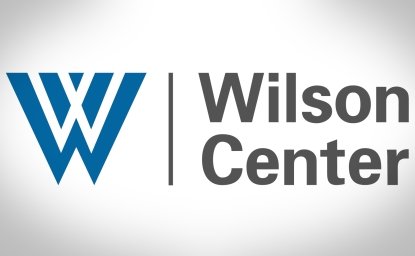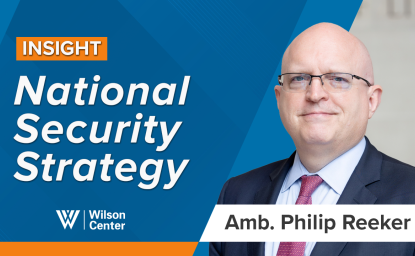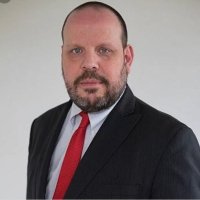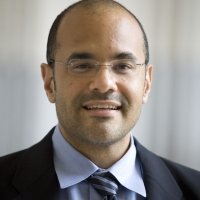In this edition of CONTEXT, Alejandro Hope (Mexican Institute for Competitiveness), and David Shirk (University of San Diego), review efforts to improve citizen security in Mexico in 2014. They also look ahead to what we can expect in 2015. Is the situation getting better or worse? The answer to that question has a lot to do with where you’re looking. Our guests sort through the good and bad news with an eye toward the future.
Guests
Alejandro Hope is Project Director for the ‘Less Crime, Less Punishment’ project or MC2, ‘Menos Crimen, Menos Castigo’. The project is a joint public safety initiative between the Instituto Mexicano para la Competividad (IMCO) and México Evalúa. Prior to his current position, he held various management positions at the Centro de Investigación y Seguridad Nacional (CISEN) between 2008 and 2011. Between 2001 and 2008, he worked as a consulting partner at GEA Group of Economists and Associates, a consulting firm specializing in economic and political analysis. From 1998 to 2000, he served as chief of staff for Senator Adolfo Aguilar Zinser and assisted in the transition team of then President-elect Vicente Fox. Between 1994 and 1996, he held various advisory positions the National Bank of Public Works and Services and the Department of Energy. Hope holds a degree in political science from the University of Pennsylvania in the United States and doctoral studies in the same subject from the Princeton University. He has been an occasional contributor to various national media outlets such as Milenio Diario, El Economista and the magazine Nexos.
David A. Shirk is an associate professor in the Department of Political Science and International Relations at the University of San Diego, a Global Fellow at the Mexico Institute of the Woodrow Wilson International Center for Scholars, and a visiting professor at the UCSD School of International Relations and Pacific Studies. He conducts research on Mexican politics, U.S.-Mexican relations, and law enforcement and security along the U.S.-Mexican border. He received his B.A. in International Studies at Lock Haven University, studying abroad in Mexico, Japan, and the USSR. He received his M.A. and Ph.D. in Political Science at the University of California, San Diego, and was fellow at the Center for U.S.-Mexican Studies. During his undergraduate and graduate studies, Dr. Shirk received the Matthew David Klee Minority Scholarship, an American Political Science Association Ralph Bunch Program Scholarship, a National Science Foundation Minority Scholarship, and a University of California President's Scholarship. From 2003 to 2013, he was director of the Trans-Border Institute at the University of San Diego. Dr. Shirk currently directs a research initiative on the Cali-Baja region at the Center for U.S.-Mexican Studies at the UCSD School of International Relations and Pacific Studies. He also directs "Justice in Mexico" (www.justiceinmexico.org), a research initiative on criminal justice and the rule of law in Mexico.

